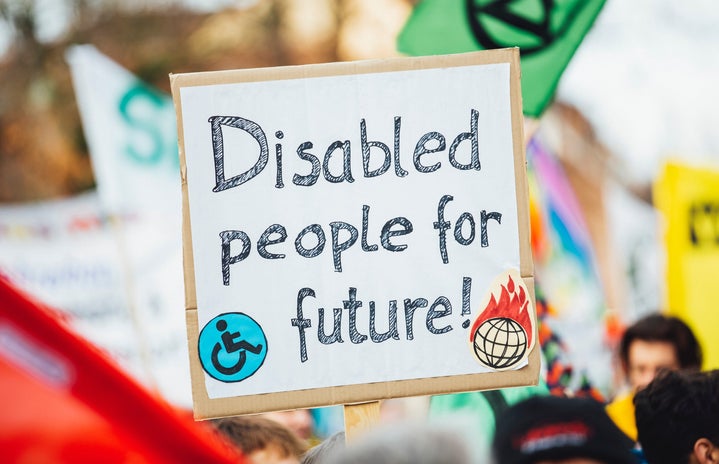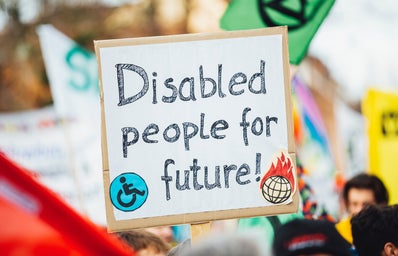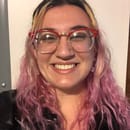In honor of Disability Awareness month, here’s a short list featuring some amazing disability advocates that you should follow. They are great sources from which you can learn about different types of disabilities and how to interact respectfully with disabled people. Listening to them is also a great way to check yourself for ableist behaviors and to see how you can be an ally to the disabled community.
- Chloé Hayden
-
Chloé Hayden is an autistic actress and content creator with ADHD and other chronic illnesses. She is known for her role in the Australian show Heartbreak High where she plays Quinni, an autistic high schooler. Chloé has also just published her first book called Different Not Less, which talks about how to celebrate and support neurodivergence. She has created a lot of content about her life experience as someone who’s autistic and educating others on autism and disability as a whole. She also shares other aspects of her life; she has two frogs, Evagaline and Anuras, and an axolotl, Lottie. She has an intense love for horses, One Direction, and walked in Australian Fashion Week.
- Connor Dewolfe
-
Connor Dewolfe is a content creator and disability advocate who makes TikToks that educate others about ADHD. He sheds light on how others view ADHD and has gained popularity due to his videos. He is known for starring in the Disney+ series, The Mighty Duck: Game Changes, and creating clothing with slogans to represent ADHD. Although his slogans are constantly changing, his most well-known ones are “Drink Water”, “There’s bees in my head”, “D.A.V.E” (Dopamine Attention Variability Executive-Dysfunction), and “Follow the Dopamine”. Connor’s videos employ the use of humor to present a lighthearted feel to the content without taking away from the educational information he provides.
- Jessica Kellgren-Fozard
-
Jessica Kellgran-Fozard is a deaf, LGBTQ+ activist for the disabled community. She makes YouTube videos speaking on her experience and educates others on parenting as an LGBTQ+ and disabled person. Additionally, she shares etiquette for how to interact with disabled individuals. Jessica is also a public speaker and has written for national newspapers and magazines. She is known for her vintage style and has posted many hairstyle guides on how to achieve classic 1950s looks. She is married to Claudia Kellgran-Fozard, and the two of them have a son together, Rupert. They have a youtube channel and Instagram together, and while they post many pictures of their son, you won’t be able to see his face until he is old enough to consent to be posted on social media.
- Eliza
-
Eliza is a disabled content creator who creates videos and posts educating others on the history of disability, ableism, and the ableism that disabled individuals still face today. One of the main things they speak about is their experience living with Ehlers-Danols Syndrome. Eliza is a part of the LGBTQ+ community and has a special interest in sharks. They will often post interesting shark facts to their stories. They emphasize the beauty of mobility aids and discuss how not all wheelchair users have to use wheelchairs all the time. Eliza also teaches about the proper terminology to use in reference to disabled people and explains why certain terms are offensive to wheelchair users and the community as a whole.
- Sarah Todd Hammer
-
Sarah Todd Hammer is a disability advocate and a three-time published author. She produces videos educating others on ableism and how inaccessible most public spaces are for disabled individuals. She also tells her story and talks about how ableism and inaccessibility affect her daily life. Sarah became disabled when she was 8 years old with a condition called Acute Flaccid Myelitis and has emphasized that anyone can become disabled at any time. She currently creates content focusing on accessibility in college and shows how her college has worked to make everything, from classrooms to the dining hall, more accessible for her.
Disability Awareness month encourages everybody, able-bodied and disabled, to learn about disabilities from the people that have them. Nobody who is able-bodied will ever be able to accurately tell you what life is like to be disabled. Nobody knows more about a disability, mental or physical, than the people that have it. This month, choose to listen to the disabled community and what they have to say.


